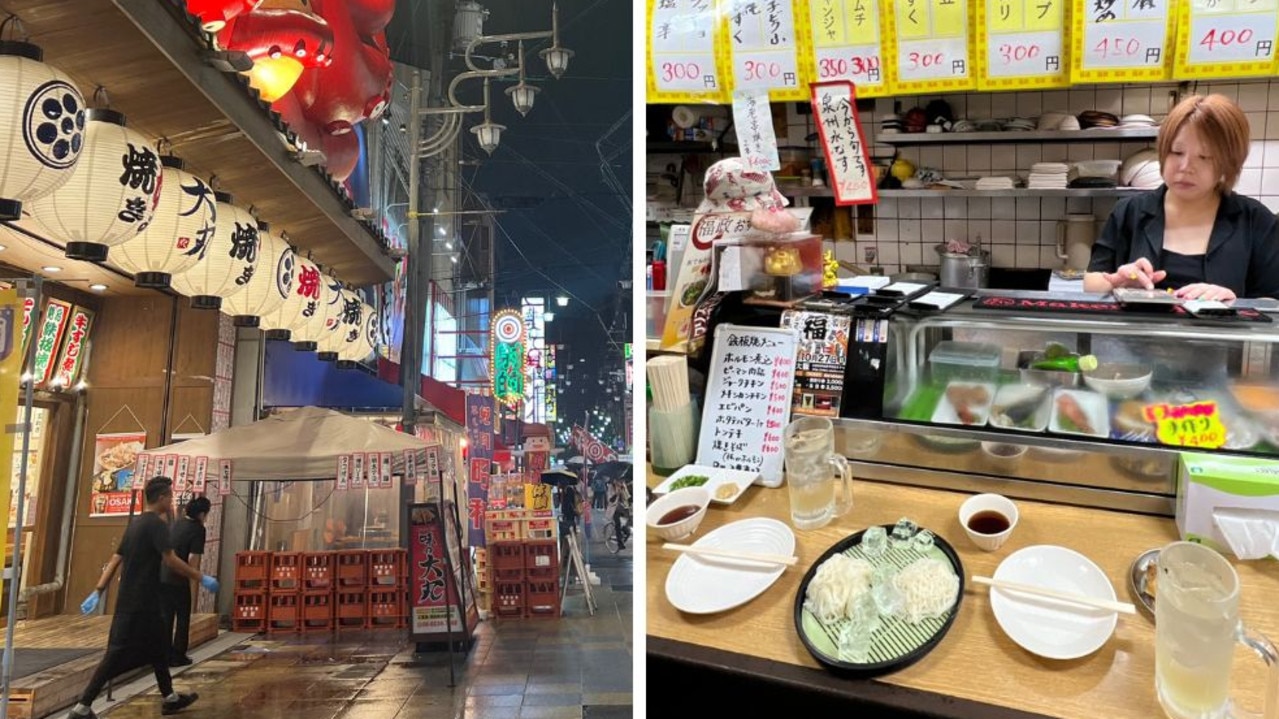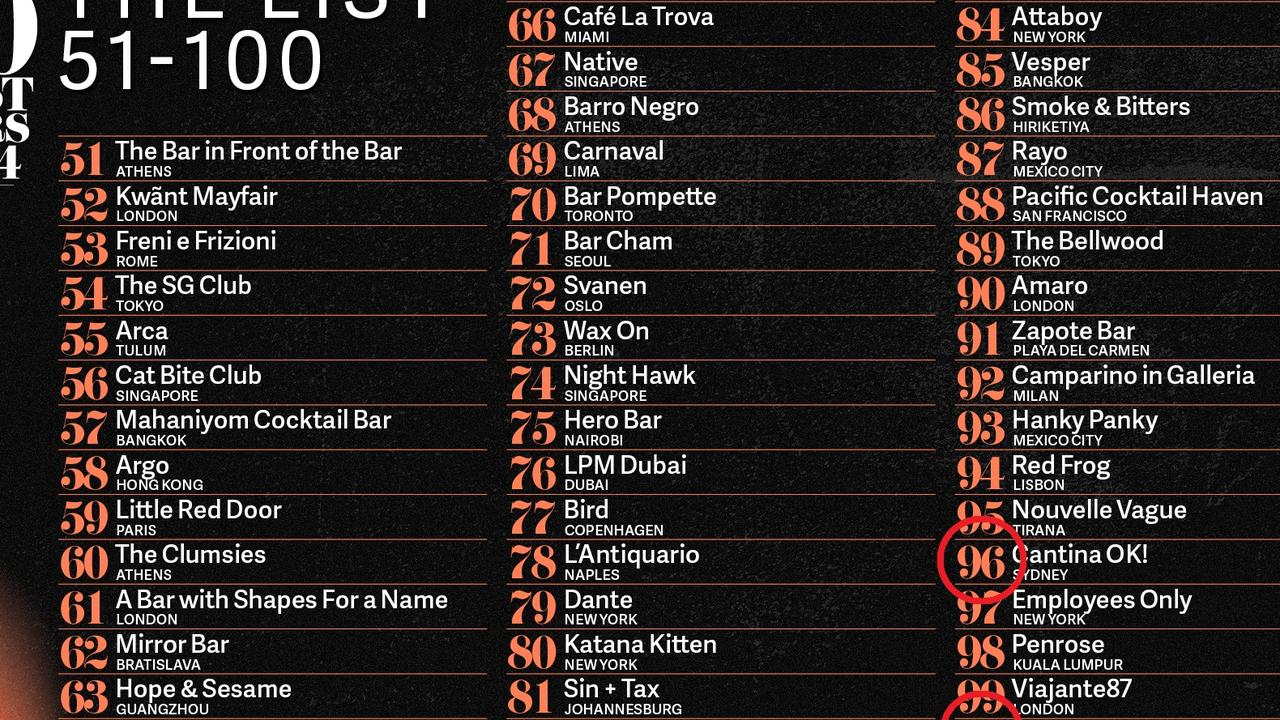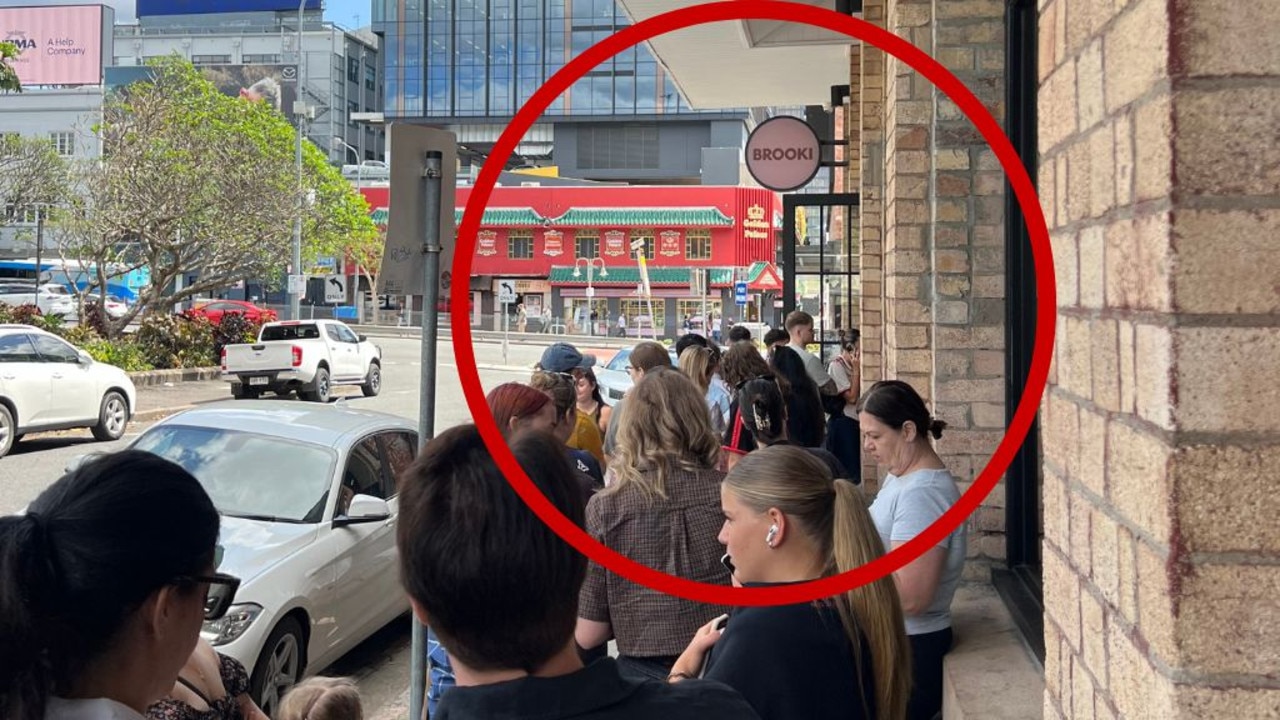NYC chicken joint employs cashiers Zooming in from the Philippines — and still wants tips
A restaurant chain has left many baffled over the way it greets its customers — and on top of that, they’re also demanding tips.
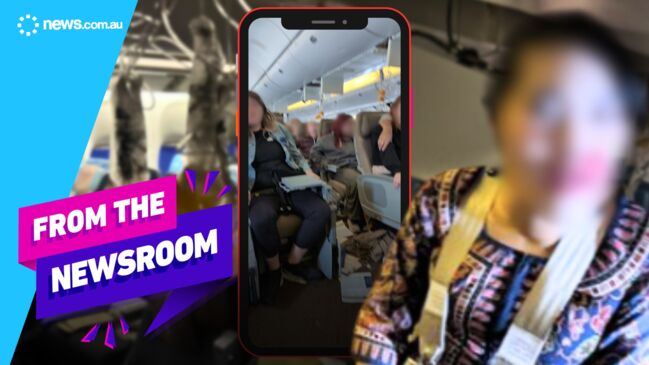
Every cashier wants a tip these days — but what if they’re on the other side of the world?
A new restaurant chain in New York City is outsourcing staff to the Philippines, using screens with hostesses on Zoom calls instead of in-person employees to greet customers and help with check-out.
The shops — which specialise in fried chicken and ramen — are taking advantage of the massive wealth gap between New York City, where the minimum wage is $US16 ($24) per hour and a Southeast Asian nation where hourly pay is closer to $US3.75 ($6).

But when customers check out at Sansan Chicken, Sansan Ramen, or Yaso Kitchen — with locations in Manhattan, Queens, and Jersey City — they’re still prompted to add a tip of up to 18 per cent on top of their bill.
On a recent afternoon at Sansan Chicken in Long Island City, a reporter for The Post was greeted by Pie, a 33-year-old hostess who works from her living room in the Philippine city of Subic.
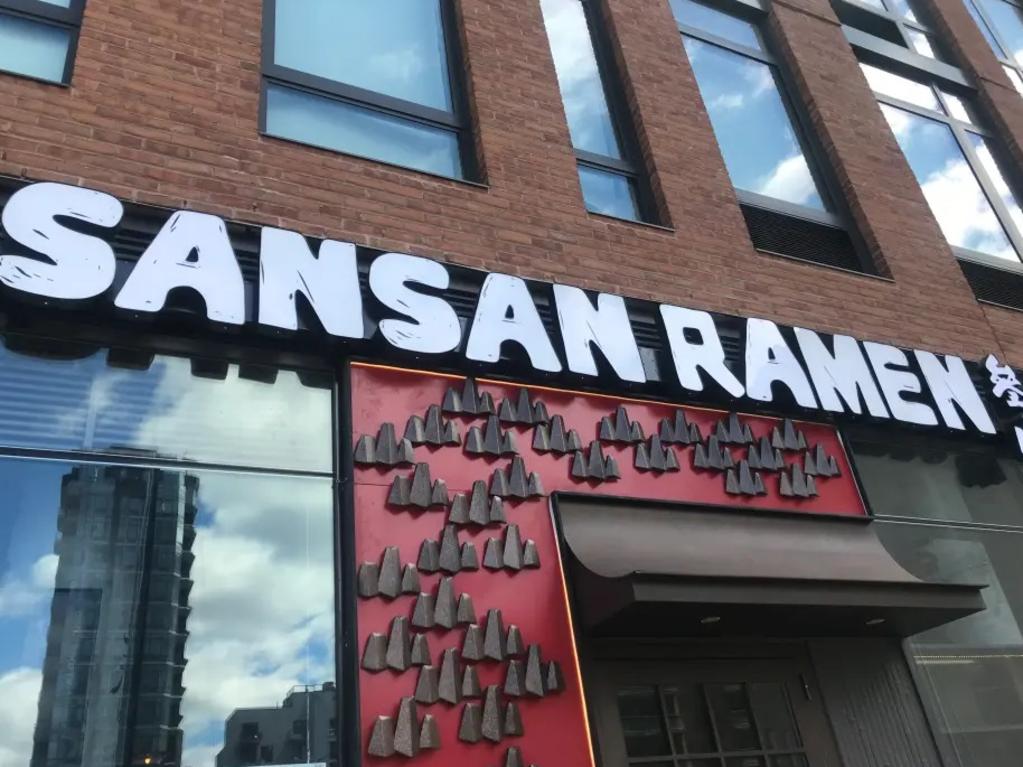
The cheerful remote worker said she is employed by a company called Happy Cashier and that she enjoys her work.
Pie declined to disclose how much she was paid but said customers sometimes leave generous tips despite the fact that she’s not actually there in person.
Once, she got $US40 ($60) at Yaso Kitchen in Jersey City, she said — adding that she splits tips with her manager and kitchen staff at the restaurant.
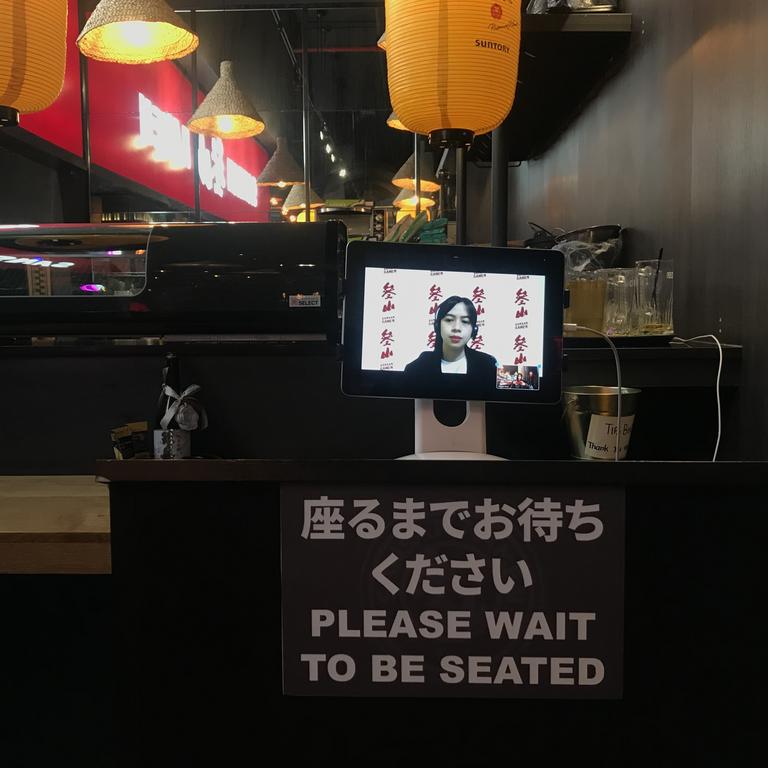
The eyebrow-raising idea has customers tied in knots — some enjoyed the novelty, while others thought the lack of human interaction stripped away something precious.
“I think you lose an element of connecting with someone when they’re not physically there,” one customer named Catherine said outside Sansan Ramen in LIC.
“I also don’t know if it’s taking a job away from someone, as well. I think it’s important that we’re supporting our communities, and having people from the community connecting with their clientele.”
The dynamics of the operation seem to be cloaked in secrecy. It’s not clear if the hostesses work for the restaurant or a third-party company that hires them out.
It’s also not clear who owns the restaurants, and how much the hostesses are getting paid.
The Post could not reach the businesses’ owner, and employees would not divulge information about their bosses when a reporter asked.
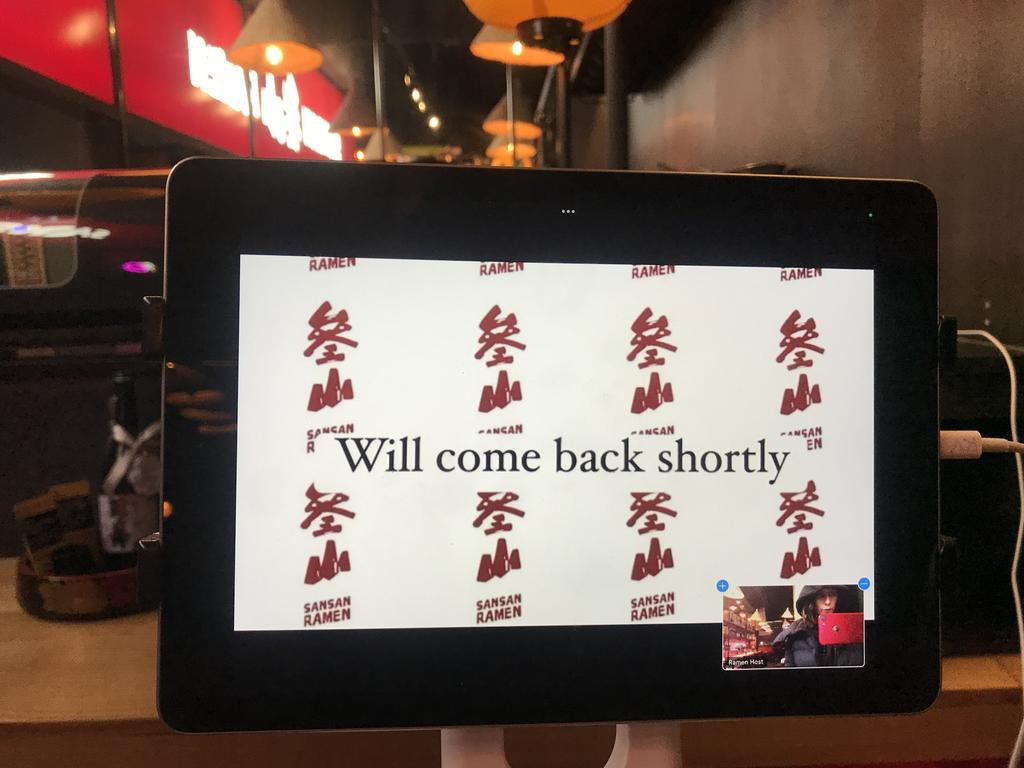
Despite the fact that the new restaurants are combining two of Americans’ least favourite things — tipping and outsourcing jobs — it may be the future of customer service, says one tech expert.
Brett Goldstein, a 33-year-old tech entrepreneur who posted about Sansan Chicken on Mercer Street in Manhattan in a now-viral thread on X, pointed out that the remote staffers are a “clear way to cut costs” that could lead to even more weirdly dystopian advances in the future.
“Today, this is a Filipino woman behind a screen, controlling a POS system — but it’s not crazy to believe that probably in the next six to twelve months, this could be an AI avatar doing all the same things,” he said.
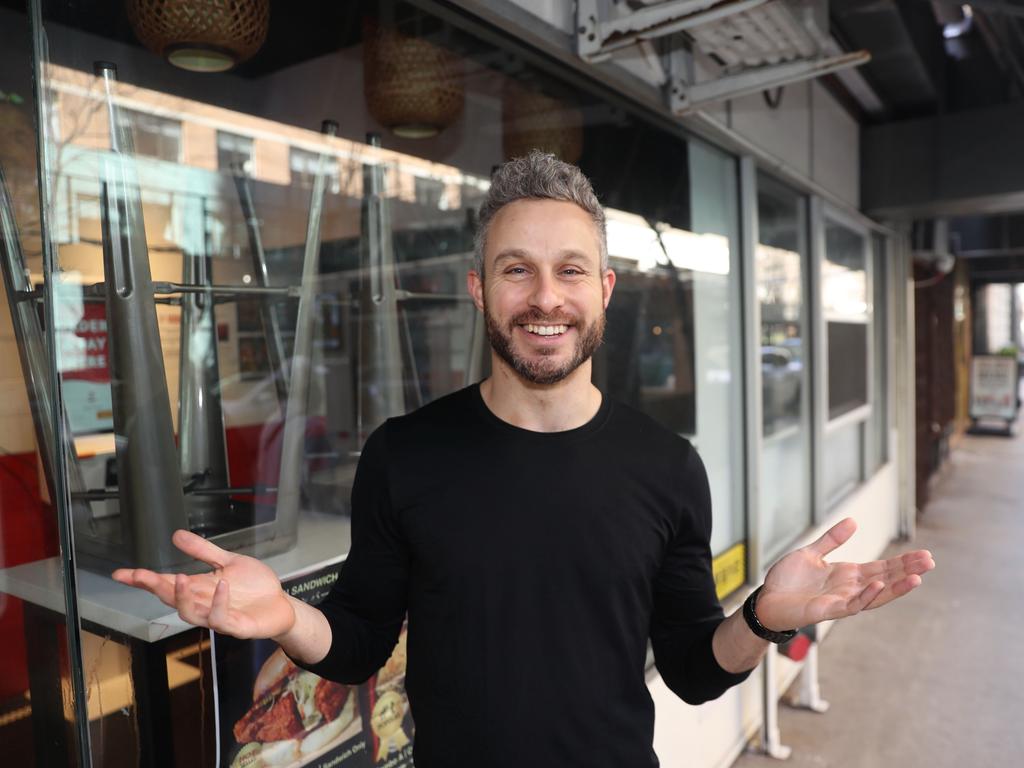
He acknowledged that tipping could be a huge bonus for the outsourced workers — who live in a country where the median monthly wage is just $US325 $490) a month.
Pie, who has been working the job for about six months, appears to cover three different restaurants at the same time by alternating between different screens.
The remote hostesses are part of the restaurant’s allure, she said.
“Customers come in and are surprised to find a virtual cashier,” she said. “Some people think we’re [artificial intelligence] — they ask you if you’re real.”
At least a few customers appreciated the novelty.
“It’s definitely interesting and different,” Dan O’Keefe, a 34-year-old conductor for Metro North, told The Post.
“I thought it was fun.”
Not everything runs smoothly all the time, however.
A reporter who tried to order coffee at the Yaso Kitchen in Long Island City was met only with confused stares from the hostess there — despite a sign on the window advertising the drink.
“We’re not selling coffee,” she finally answered. “Maybe soon.”
Ismael Oquendo, a 34-year-old teacher from the Bronx, wasn’t fond of the whole concept.
“If you’re a regular at a certain place, and you go there all the time, you want to feel like home,” he told The Post.
“Not meeting someone on a personal level can affect everyone’s daily lives,” he continued.
“Human interaction is way better than video.”
This article originally appeared on the New York Post and was reproduced with permission



